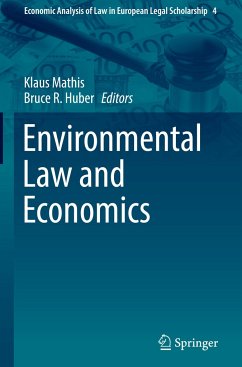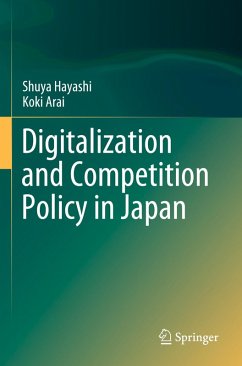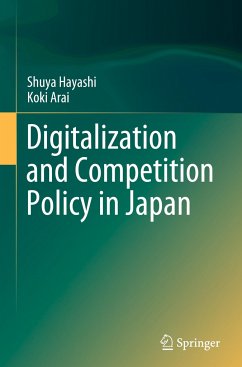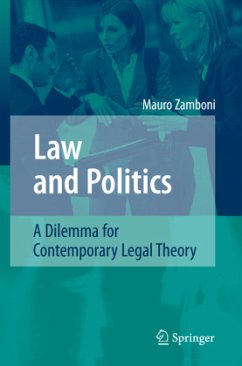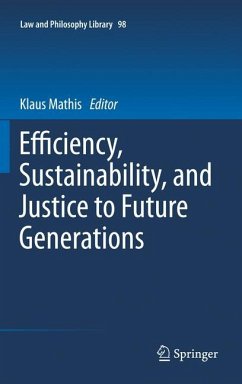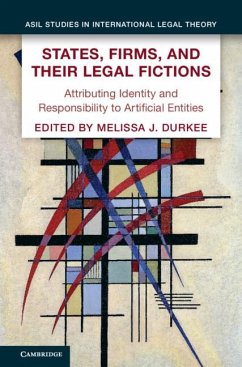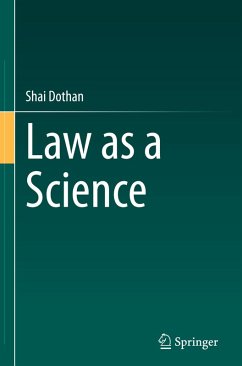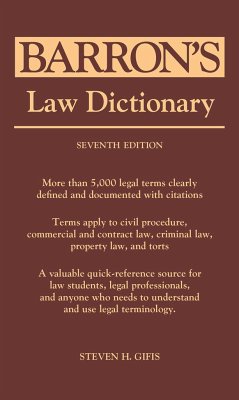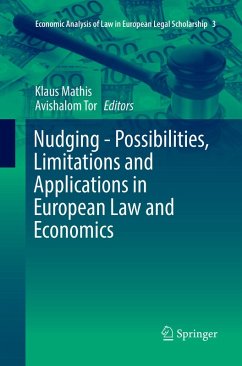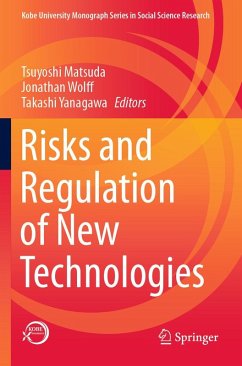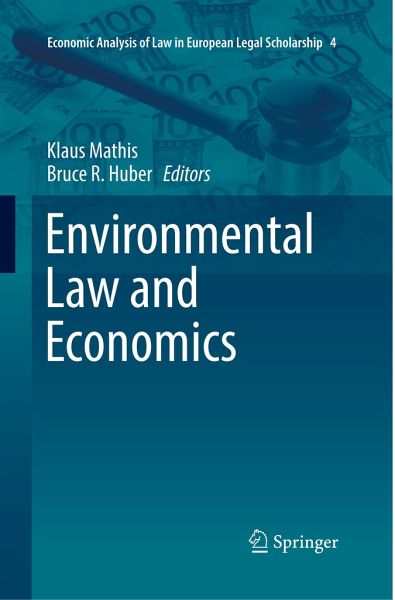
Environmental Law and Economics
Versandkostenfrei!
Versandfertig in 6-10 Tagen
152,99 €
inkl. MwSt.

PAYBACK Punkte
76 °P sammeln!
This anthology discusses important issues surrounding environmental law and economics and provides an in-depth analysis of its use in legislation, regulation and legal adjudication from a neoclassical and behavioural law and economics perspective.Environmental issues raise a vast range of legal questions: to what extent is it justifiable to rely on markets and continued technological innovation, especially as it relates to present exploitation of scarce resources? Or is it necessary for the state to intervene? Regulatory instruments are available to create and maintain a more sustainable socie...
This anthology discusses important issues surrounding environmental law and economics and provides an in-depth analysis of its use in legislation, regulation and legal adjudication from a neoclassical and behavioural law and economics perspective.
Environmental issues raise a vast range of legal questions: to what extent is it justifiable to rely on markets and continued technological innovation, especially as it relates to present exploitation of scarce resources? Or is it necessary for the state to intervene? Regulatory instruments are available to create and maintain a more sustainable society: command and control regulations, restraints, Pigovian taxes, emission certificates, nudging policies, etc. If regulation in a certain legal field is necessary, which policies and methods will most effectively spur sustainable consumption and production in order to protect the environment while mitigating any potential negative impact on economic development? Since the relatedproblems are often caused by scarcity of resources, economic analysis of law can offer remarkable insights for their resolution.
Part I underlines the foundations of environmental law and economics. Part II analyses the effectiveness of economic instruments and regulations in environmental law. Part III is dedicated to the problems of climate change. Finally, Part IV focuses on tort and criminal law. The twenty-one chapters in this volume deliver insights into the multifaceted debate surrounding the use of economic instruments in environmental regulation in Europe.
Environmental issues raise a vast range of legal questions: to what extent is it justifiable to rely on markets and continued technological innovation, especially as it relates to present exploitation of scarce resources? Or is it necessary for the state to intervene? Regulatory instruments are available to create and maintain a more sustainable society: command and control regulations, restraints, Pigovian taxes, emission certificates, nudging policies, etc. If regulation in a certain legal field is necessary, which policies and methods will most effectively spur sustainable consumption and production in order to protect the environment while mitigating any potential negative impact on economic development? Since the relatedproblems are often caused by scarcity of resources, economic analysis of law can offer remarkable insights for their resolution.
Part I underlines the foundations of environmental law and economics. Part II analyses the effectiveness of economic instruments and regulations in environmental law. Part III is dedicated to the problems of climate change. Finally, Part IV focuses on tort and criminal law. The twenty-one chapters in this volume deliver insights into the multifaceted debate surrounding the use of economic instruments in environmental regulation in Europe.



